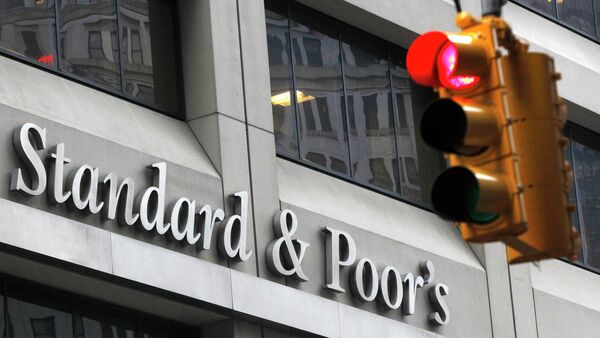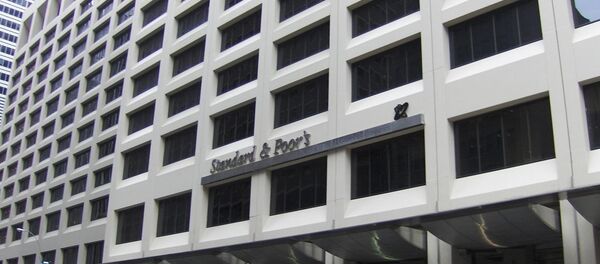According to Egan, the first set of punitive sanctions against S&P would likely be followed by further negotiations regarding the next set of lawsuits brought against the agency by the SEC.
On January 21, US media reported that S&P was fined $77 million and forced to take a one year timeout from rating commercial mortgage-backed securities (CMBS) bond deals. The fine was part of a settlement reached by the company with the SEC and attorney generals of both New York and Massachusetts.
S&P is still negotiating fines totaling $1.37 billion to more than ten other states and with the US Department of Justice, who accuse the agency of overvaluing mortgage securities ratings causing the market to collapse and the subsequent 2008 financial crisis.
"Most of the market players were expecting some kind of settlement," Egan said. "I believe that it is a pivotal moment, considering how investors working with CMBS will now have to turn to other rating agencies."
"Local players in all large economies, including ours, became much more powerful," Mitrofanov said. "For example, following the crisis of 2008, a separate rating market regulator – European Securities and Markets Authority – emerged in Europe to meet the need for independent regulation of the European market."
Europe has no large credit rating agencies like the American Big Three, but the existing regulations determine a quota for the local rating agencies. "For example, if you receive a credit rating from a large agency, then you must also receive a credit rating from a small agency. In this way, the EU countries protect the interests of local rating agencies," Mitrofanov explained.
"The Central Bank of Russia is following suit by submitting a draft law on credit rating regulation in Russia to the parliament," he added. "The rating law that is currently being discussed in the Duma [Russian lower house of parliament] states that all rating agencies operating in Russia must adhere to local regulations, no matter which country they belong to."



